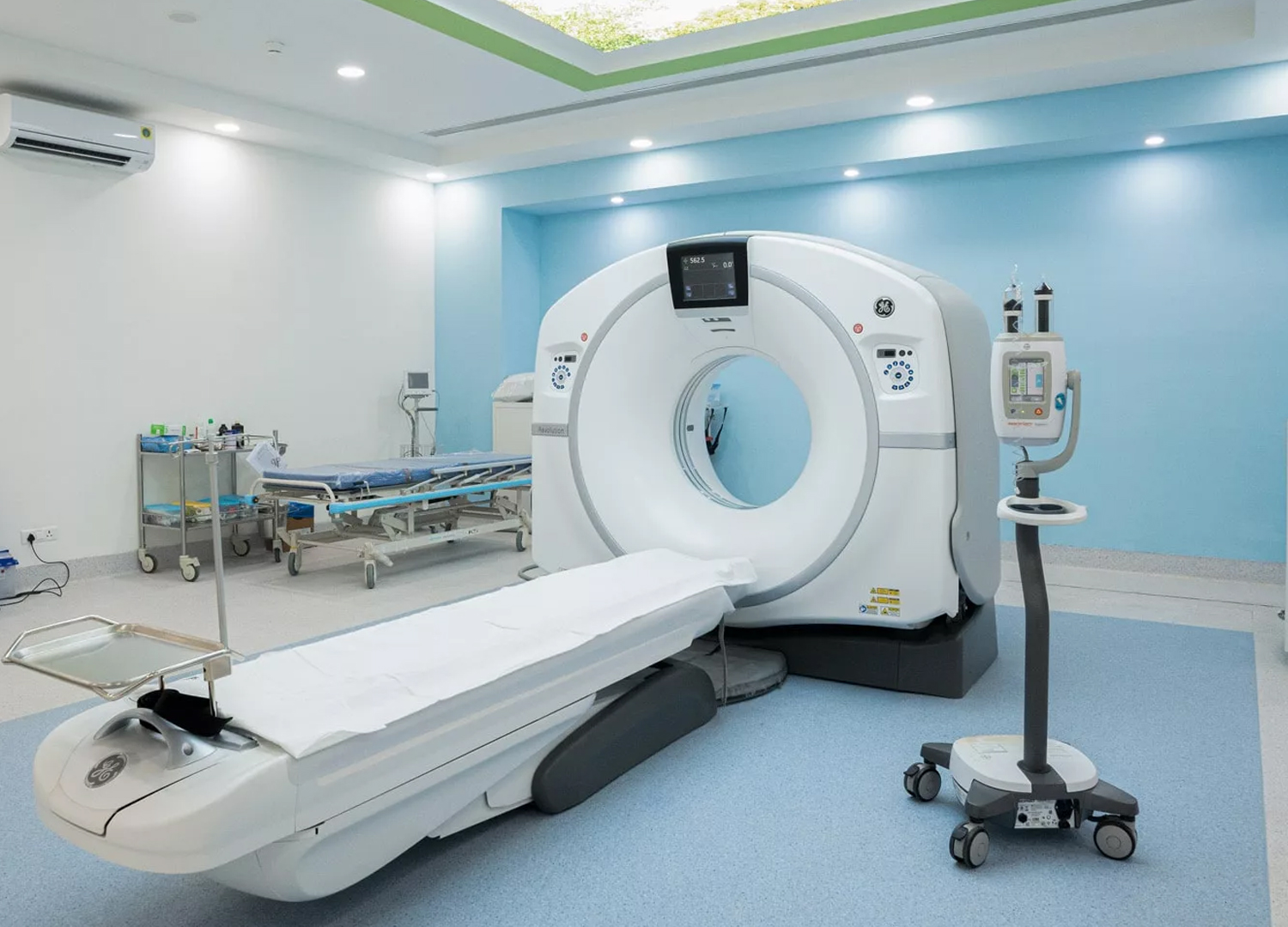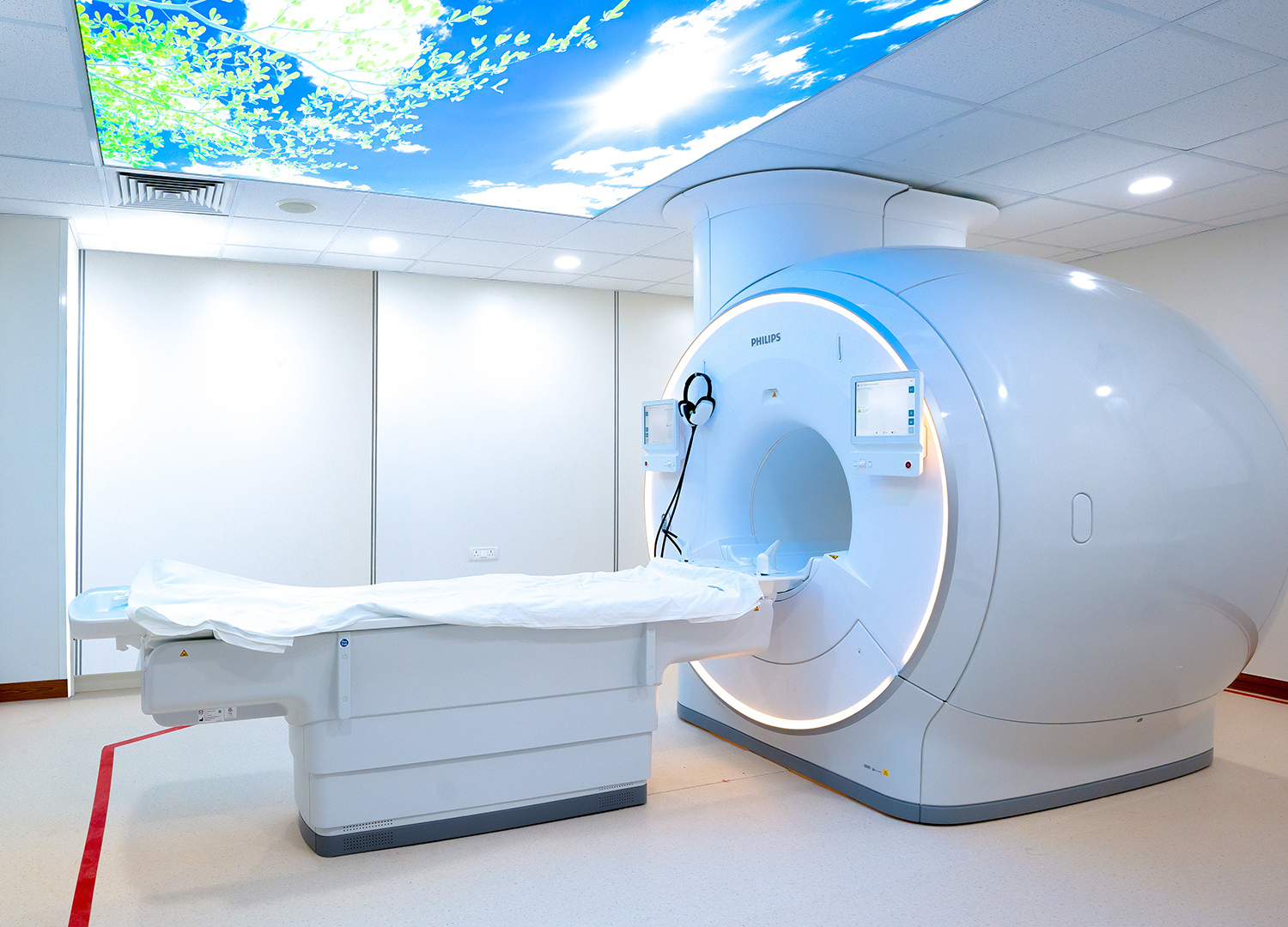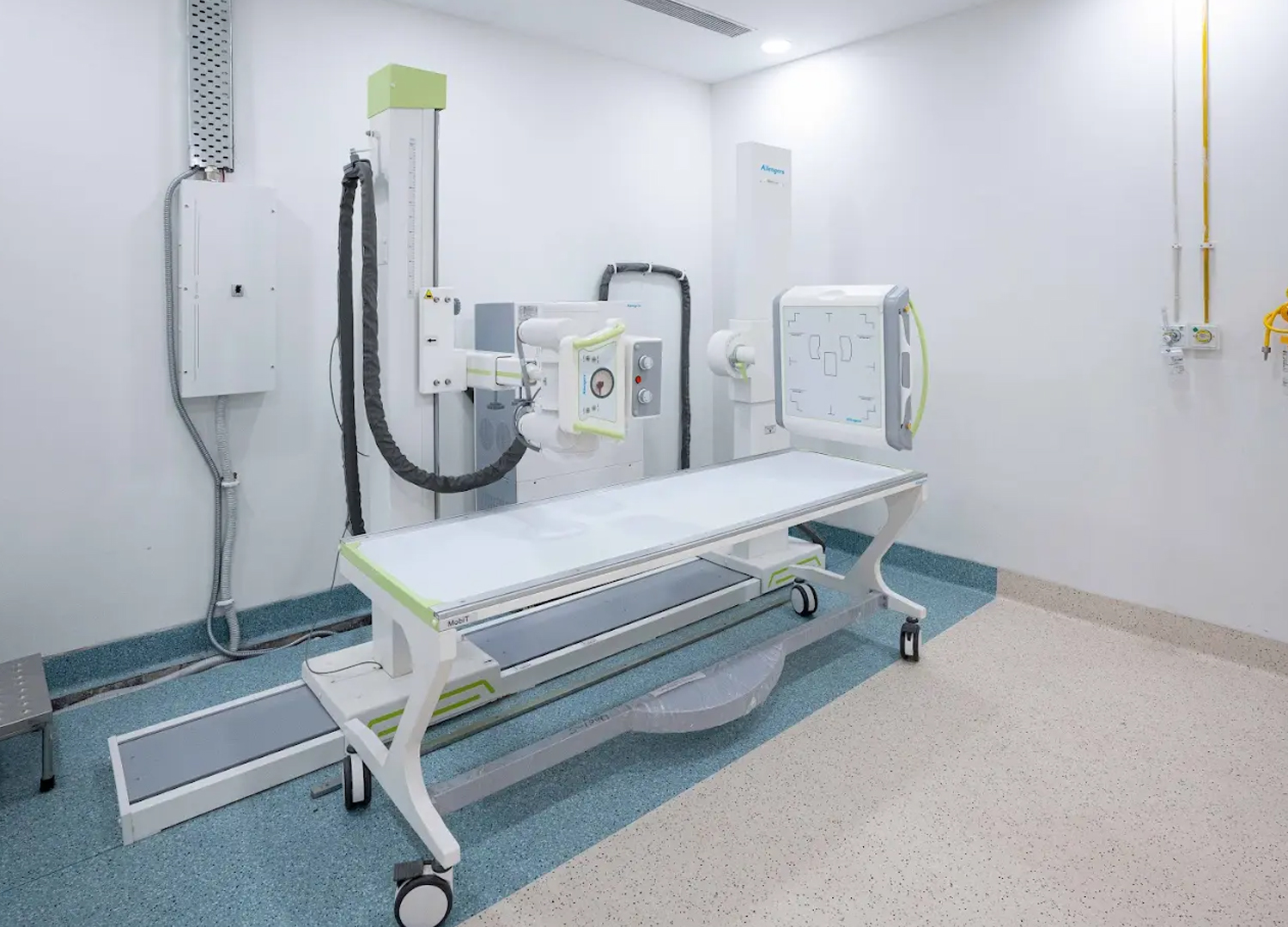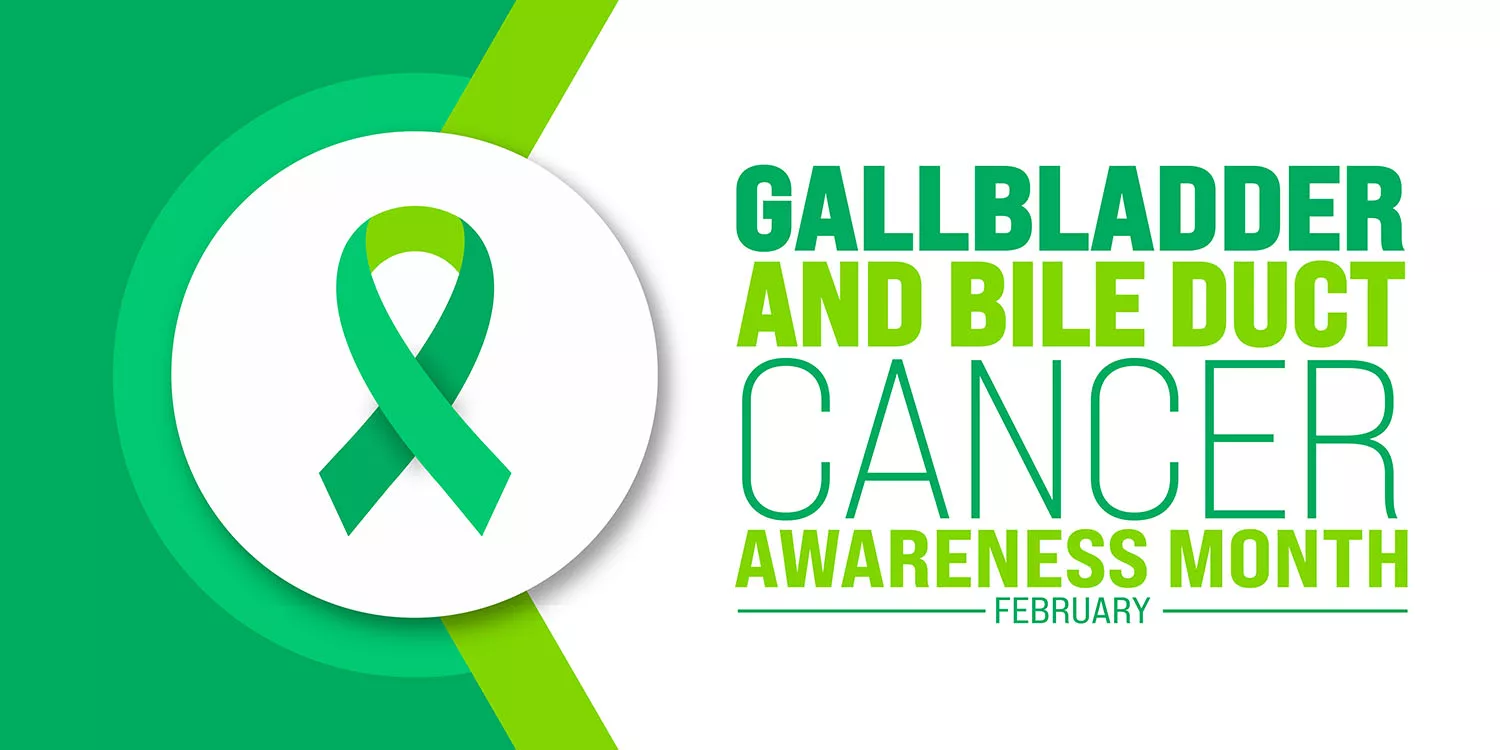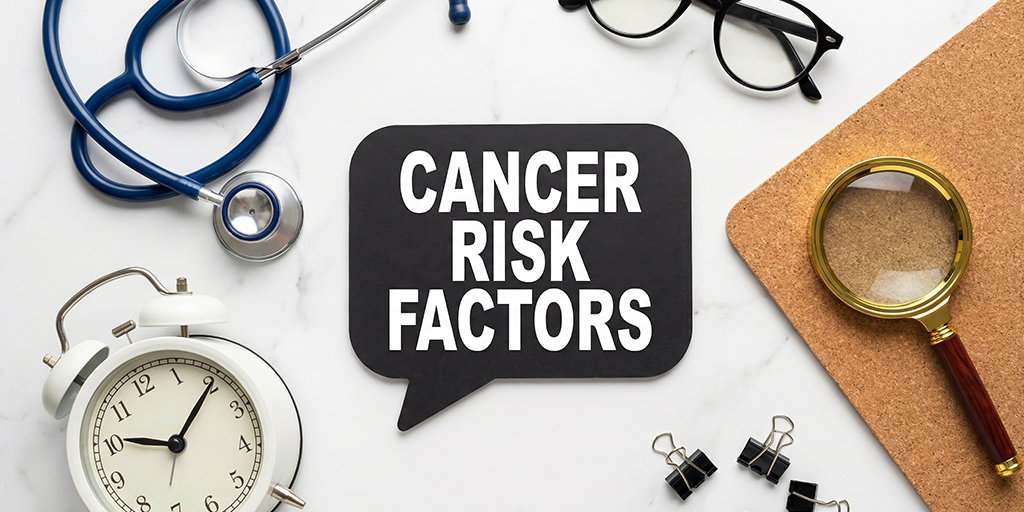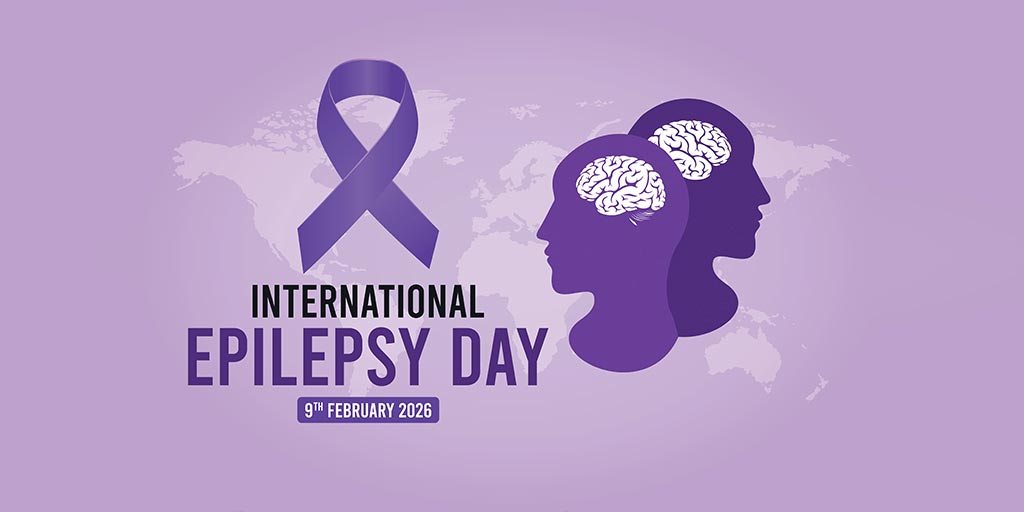At Graphic Era Hospital, our Department of Anaesthesiology plays a crucial role in ensuring patient safety, comfort, and optimal surgical outcomes. We provide comprehensive anaesthesia care, from pre-surgical assessment to post-operative pain management, ensuring a smooth and pain-free experience for our patients. Our highly skilled anaesthesiologists, critical care specialists, and pain management experts use advanced techniques and state-of-the-art monitoring systems to deliver personalised and safe anaesthesia solutions. Whether undergoing minor procedures or complex surgeries, at Graphic Era Hospital, patients receive the highest level of care, ensuring minimal discomfort and a faster recovery.
When Do You Need Anaesthesia?
Anaesthesia is required to ensure pain relief, comfort, and immobility during surgical, diagnostic, and therapeutic procedures. It allows patients to undergo medical interventions safely and without distress. Depending on the procedure and individual health conditions, different types of anaesthesia are used to achieve optimal pain management and surgical precision. You may need anaesthesia for:
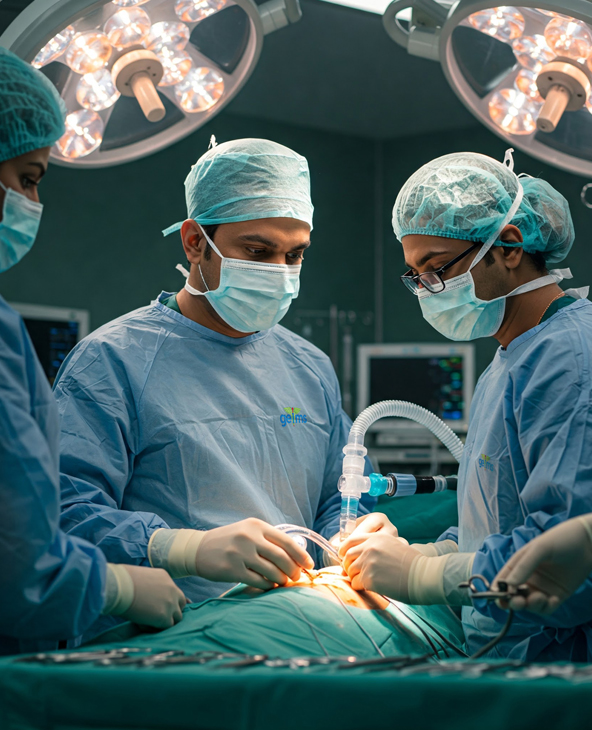
- Major or minor surgeries, including general, orthopaedic, and plastic surgeries.
- Diagnostic procedures, such as endoscopy, colonoscopy, or biopsy.
- Childbirth, including epidural anaesthesia for labour pain relief and spinal anaesthesia for C-sections.
- Dental and maxillofacial surgeries, including wisdom tooth extractions and jaw corrections.
- Pain management procedures, such as nerve blocks for chronic pain conditions.
- Emergency surgeries, requiring immediate intervention to stabilise patients.
- Orthopaedic procedures, including joint replacements and fracture repairs.
- Cardiac and vascular surgeries, requiring precise anaesthesia management for high-risk patients.
- Critical care support, including mechanical ventilation and life-saving interventions.
- Minimally invasive and robotic-assisted surgeries, where anaesthesia enhances precision and patient comfort.
Types of Anaesthesia at Graphic Era Hospital
At Graphic Era Hospital, we offer a range of anaesthesia services tailored to different medical and surgical needs. Our experienced anaesthesiologists determine the most suitable anaesthesia type based on the patient’s condition and procedure requirements. Our Anaesthesia Services Include:
- General Anaesthesia: Induces a complete state of unconsciousness, ensuring the patient feels no pain during major surgeries such as abdominal, cardiac, or neurosurgical procedures.
- Regional Anaesthesia: Numbs a larger part of the body while keeping the patient conscious, commonly used for spinal or epidural anaesthesia in childbirth, orthopaedic, and lower limb surgeries.
- Local Anaesthesia: Used for minor procedures, it numbs a small, specific area of the body, such as in dental surgeries, skin biopsies, and wound suturing.
- Sedation Anaesthesia: Also known as monitored anaesthesia care (MAC), this technique relaxes the patient while maintaining consciousness, ideal for endoscopies, colonoscopies, and minimally invasive procedures.
- Pre-Anaesthesia Check-Up (PAC) Clinic: Our PAC clinic conducts comprehensive assessments, personalised consultations, and necessary diagnostic tests before surgery to minimise risks and enhance recovery.
- Critical Care Anaesthesia: Provides round-the-clock anaesthesia and intensive monitoring for critically ill patients in ICU settings, trauma cases, and life-support situations.
- Pain Management Services: We offer advanced pain relief options, including nerve blocks, epidural injections, and pharmacological therapies to manage both acute and chronic pain conditions.
- Emergency Anaesthesia Services: Our team is equipped to handle urgent and trauma-related surgeries, ensuring rapid anaesthesia administration and patient stabilisation in critical cases.
Doctors Available
Why Choose Graphic Era Hospital for Anaesthesiology Care?

Things to Know Before Undergoing Anaesthesia
Before receiving anaesthesia, it is essential to understand the procedure, potential risks, and necessary preparations. A thorough pre-anaesthesia evaluation ensures a safe and smooth surgical experience. Here are the key considerations:
- Pre-Anaesthesia Assessment: A medical evaluation, including blood tests and imaging, may be required.
- Fasting Guidelines: Patients are advised not to eat or drink for a specific period before surgery.
- Medication Review: Inform your anaesthesiologist about any ongoing medications or allergies.
- Medical History Check: Conditions such as diabetes, hypertension, or respiratory diseases should be disclosed.
- Anaesthesia Risks: Though rare, risks such as nausea, dizziness, or allergic reactions may occur.
- Post-Anaesthesia Effects: Drowsiness, temporary memory loss, or mild disorientation may be experienced.
- Consent and Discussion: Your anaesthesiologist will explain the process and obtain informed consent.
- Pain Management Plan: Discuss post-operative pain control options with your doctor.
- Lifestyle Adjustments: Avoid alcohol and smoking before surgery for better recovery outcomes.
- Transportation Arrangements: Patients may need assistance getting home after anaesthesia.
Top Procedures
- General Anaesthesia
- Regional Anaesthesia (Spinal and Epidural Anaesthesia)
- Local Anaesthesia for Minor Procedures
- Monitored Anaesthesia Care (Sedation Anaesthesia)
- Pre-Anaesthesia Check-Up (PAC) and Risk Assessment
- Critical Care Anaesthesia & Life Support Management
- Pain Management Procedures (Nerve Blocks, Epidural Injections, etc.)
- Emergency Anaesthesia Services for Trauma & Urgent Surgeries
Anaesthesia Conditions Treated at Graphic Era Hospital
Advanced Diagnostics & Technology
- Offers high-resolution imaging for detailed blood vessel analysis, aiding in accurate diagnosis and treatment planning.
- Delivers advanced imaging with high resolution for clear, detailed views of soft tissues, ensuring precise diagnostics.
- Provides high-quality, detailed radiographic images for accurate diagnosis with minimal exposure to radiation.
Other Specialities
Patient Stories
Blog
Frequently Asked Questions (FAQs)
What are the different types of anaesthesia used in surgery?
There are four main types of anaesthesia: general anaesthesia (induces unconsciousness), regional anaesthesia (numbs a larger area, such as spinal or epidural), local anaesthesia (numbs a small area), and sedation (relaxes the patient while maintaining awareness).
Is anaesthesia safe for all patients?
Yes, anaesthesia is generally safe when administered by a qualified anaesthesiologist. A pre-anaesthesia assessment helps identify any risks based on the patient’s medical history and current health status.
How long does it take to recover from anaesthesia?
Recovery time depends on the type of anaesthesia used. Local anaesthesia wears off within hours, while general anaesthesia may take a few hours to a full day for complete recovery. Some patients may experience temporary drowsiness or nausea.
What precautions should I take before undergoing anaesthesia?
Patients should follow fasting instructions, inform the doctor about medications and allergies, and avoid alcohol or smoking before surgery. The anaesthesiologist will provide detailed pre-procedure guidelines.
Can I wake up during surgery under general anaesthesia?
No, under properly administered general anaesthesia, patients remain completely unconscious. Modern monitoring techniques ensure the correct dosage is maintained throughout the procedure.






















